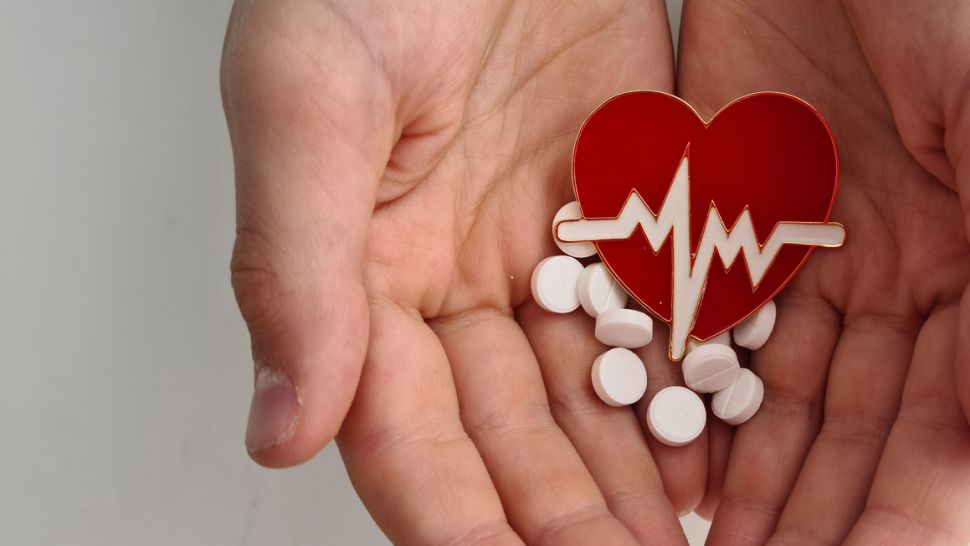A drug discovered and designed as a pharmacological solution to arrhythmias by Simon Fraser University (SFU) several years ago appears to be showing good results in the treatment of conditions leading to sudden cardiac death. The new action of the patented drug, known as AR-787, was established by a scientific team from SFU and the Lankenau Institute for Medical Research.
Cardiac arrhythmias are conditions in which the rhythm of the heart is different from normal. Arrhythmias can be due to disorders in the formation or conduction of heart impulses. Arrhythmias can have different degrees of danger – while some types of arrhythmia have no serious consequences for the body, others can lead to sudden cardiac death. In some cases, the arrhythmia does not manifest itself in clearly visible symptoms, but it can be felt as a “pounding” of the heart, and patients have complaints such as dizziness, heaviness in the chest, and sweating.
Brugada syndrome is a rare but serious heart condition that is characterized by an arrhythmia. In this case, the rhythm of the heart is significantly faster than the normal heart rate, and this rate can be dangerous for the health of the heart. The condition belongs to a group of syndromes – J Wave Syndromes (JWS), which includes many similar conditions that cause life-threatening arrhythmias.
JWS conditions affect the electrical signals that cause the heart to beat. AR-787 regulates these electrical signals by interacting with a protein in the heart that is responsible for conducting the electrical impulses that cause the heart muscle to contract. A protein called a sodium channel isn’t the only one that AR-787 interacts with—in addition to strengthening the action of the sodium channel, the drug also has an effect on another channel in the heart—the potassium channel. In Brugada syndrome and other JWS syndromes, the potassium channel contributes to the development of life-threatening arrhythmias, and AR-787 inhibits its action.
Suppression of the action of the potassium channel can also be carried out by the substance acacetin, an extract of the saffron plant. The problem with using acacetin is that it hardly dissolves in the blood. Another substance that has been used to treat JWS syndromes is quinidine, but its intake can lead to numerous side effects such as nausea, heartburn, dizziness, and headache. The goal of scientists at Simon Fraser University was to create a drug that would dissolve easily in the blood and would not have side effects like quinidine. AP-787 may be the next step in the treatment of arrhythmias that lead to sudden cardiac death.
